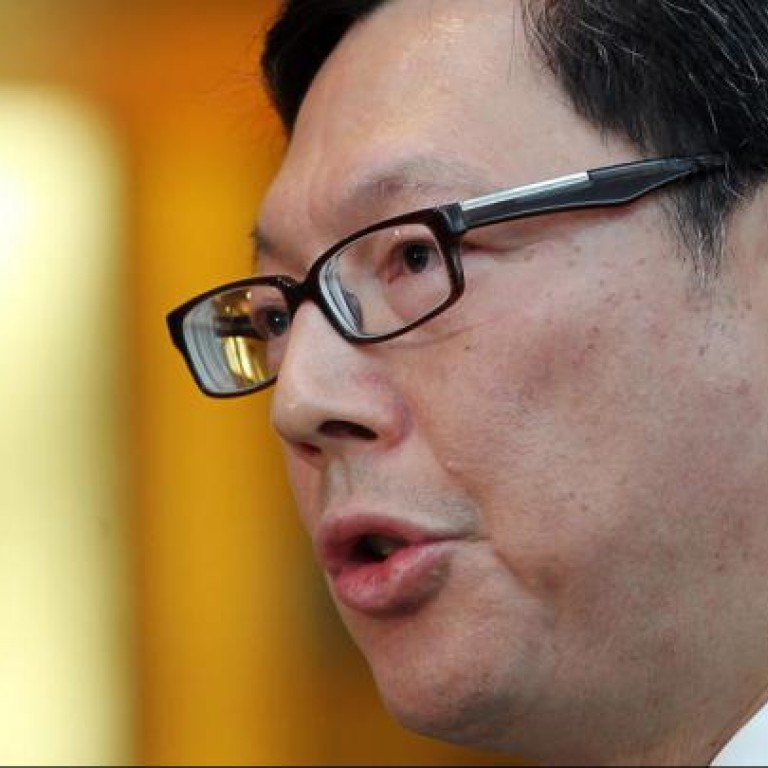
HKMA acts to cool property market after US launches QE3 stimulus
Monetary Authority chief Norman Chan seeks to stop the city's housing market overheating after third round of quantitative easing in US
Hong Kong's central bank moved to cool the city's overheating property market by making second mortgages harder to get, but some analysts are betting the new measures won't be enough to dampen prices.

Because the Hong Kong dollar is linked to the US dollar, local rates will remain low, underpinning the real estate market.
The new measures, which mostly affect second-property buyers, were announced after the local stock market closed. Reacting to the Fed's move, Hong Kong property stocks rose yesterday in a buoyant overall market.
"HKMA needs to tighten the mortgage policies to reduce the risks faced by the banks as the QE3 and the improvement of the European debt crisis" will threaten to create an asset bubble, Chan said.
"The HKMA will consider more measures when needed."
This marks the fifth round of mortgage measures by the HKMA since 2009. Previous measures were aimed mostly at the luxury market.
Under the new rules, borrowers who have more than one mortgage can borrow up to only 40 per cent of their monthly income, down from the typical 50 per cent. Property buyers from outside Hong Kong with more than one mortgage are now subject to a lower loan-to-property value ratio ceiling.
Up to 40 per cent of new mortgage borrowers in the past 12 months in Hong Kong already had a mortgage.
The HKMA also capped the repayment period on all new mortgages at 30 years. Some banks now offer 40-year mortgages, but the HKMA worries that is risky.
Hong Kong property prices have soared 240 per cent since a 2003 trough, and have now surpassed their October 1997 peak, according to Centaline Property Agency.
Financial Secretary John Tsang Chun-wah said the latest round of Fed easing substantially increased the risk of a bubble forming in the local property market, and the new HKMA measures would cool it. But Tsang stressed the measures would not affect first-time property buyers. He hinted at further steps by saying the government will review the effectiveness of a special stamp duty implemented last year to curb speculation.
But Joseph Tong Tang, executive director of Sun Hung Kai Financial, said the HKMA measures would have only a short-term impact. "Some wealthy people do not need mortgage loans at all," he said, adding that it will be hard to get property prices down.
Shih Wing-ching, founder of Centaline, said investors worried about inflation will buy real estate, which will stoke the market. He expects home prices, particularly in the luxury tier, to increase by at least 7 per cent over the next 12 months.
However, David Ng, an analyst at Macquarie Equities Research said the HKMA measures should be effective. "The move will discourage those with limited cash to jump into the property market," he said.


